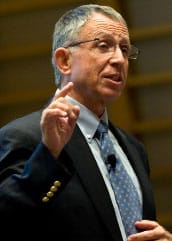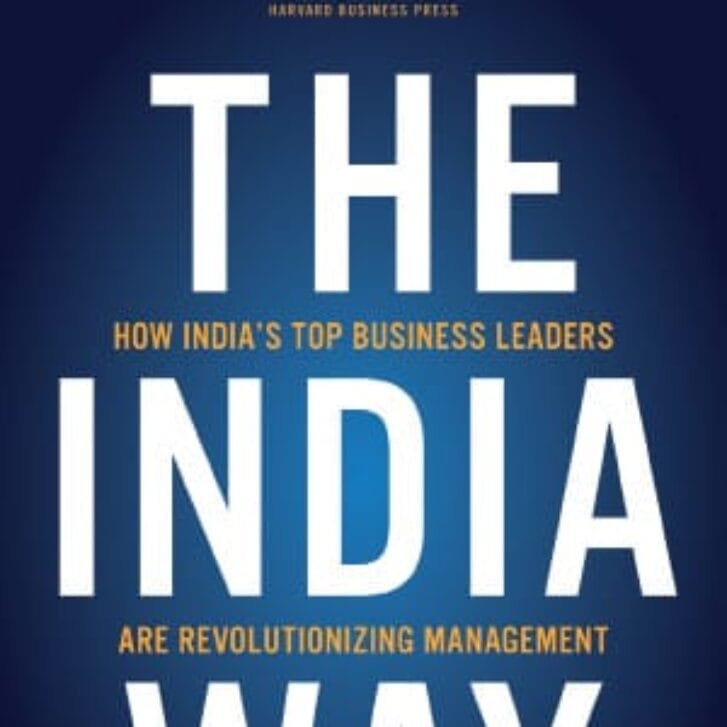There are no Gustavus W. Smith Elementary Schools in the South.
Because when history called, Smith refused to answer.
As William and Jacalyn Egan Professor of Management Michael Useem explained to an audience during Wharton’s 2010 MBA Reunion Weekend, Smith served (for a very brief time) as Commander of the Army of Northern Virginia, the flagship army of the Confederate States of America. Smith assumed command of that army on May 31, 1862, just moments after his superior, General Joseph E. Johnston, was badly wounded in battle—and just as his breakaway republic seemed on the brink of collapse.
It was a perilous time for the Confederacy. The Union Army was closing in on Richmond. A very worried Confederate President Jefferson Davis asked Smith for his plan. The general asked for a day to figure it out. Davis obliged.
Now, if anyone would have seemed fit to tackle the monumental task before him, it was Smith. He had graduated eighth in his class at West Point. He was a decorated veteran of the Mexican-American War. He knew strategy as well as anyone in the Confederacy. And here, in the early summer of 1862, his moment had arrived.
On June 1, just as he had promised, Davis returned to the battlefield. The Union Army was rumbling in the distance.
Again, he asked Smith for his plan.
“Sir, I have no plan to defend the Confederacy,” Smith infamously replied. “Do you have any good ideas?”
Suffice to say, Smith’s tenure as the South’s top commander was short-lived. He was promptly replaced by a little-known, lightly regarded colonel by the name of Robert E. Lee—a man who would go on to repel the Union Army’s advance on Richmond, extend the Civil War for two long years and prove himself to be one of the most brilliant—and most decisive—Generals in American history.
As Useem explained, what Lee had—and what Smith so clearly lacked—was the ability to make decisions in times of crisis. It is an ability that all great leaders simply must have.
Especially today.
Especially in business.
At Wharton, it is plain to see, students are taking Useem’s lesson to heart.
A couple days after hearing Useem speak, we here at Wharton Magazine interviewed one of Wharton’s newest graduates, Salim Kassam, WG’10, who had been chosen by his classmates to serve as their Commencement speaker. During our interview, we asked Kassam what he thought he would take away from his Wharton experience.
His answer echoed, almost to a tee, what Useem had said two days before.
“What I learned at Wharton was to be fearless in life, to be selfless in life,” Kassam said, “and to be willing to take action.”
Later that day, Kassam joined 950 of his MBA classmates in receiving their Wharton degrees. The School also handed out 606 undergraduate degrees. These new graduates now enter a troubled financial world, one that will demand not only creativity, fearlessness, selflessness and brilliance, but also decisiveness—decisiveness in the face of great uncertainty.
Eventually, history will come calling for them.
I’m betting that, when their moment arrives, they will be more than willing to seize it.
Sincerely,
Tim Hyland/Editor


























